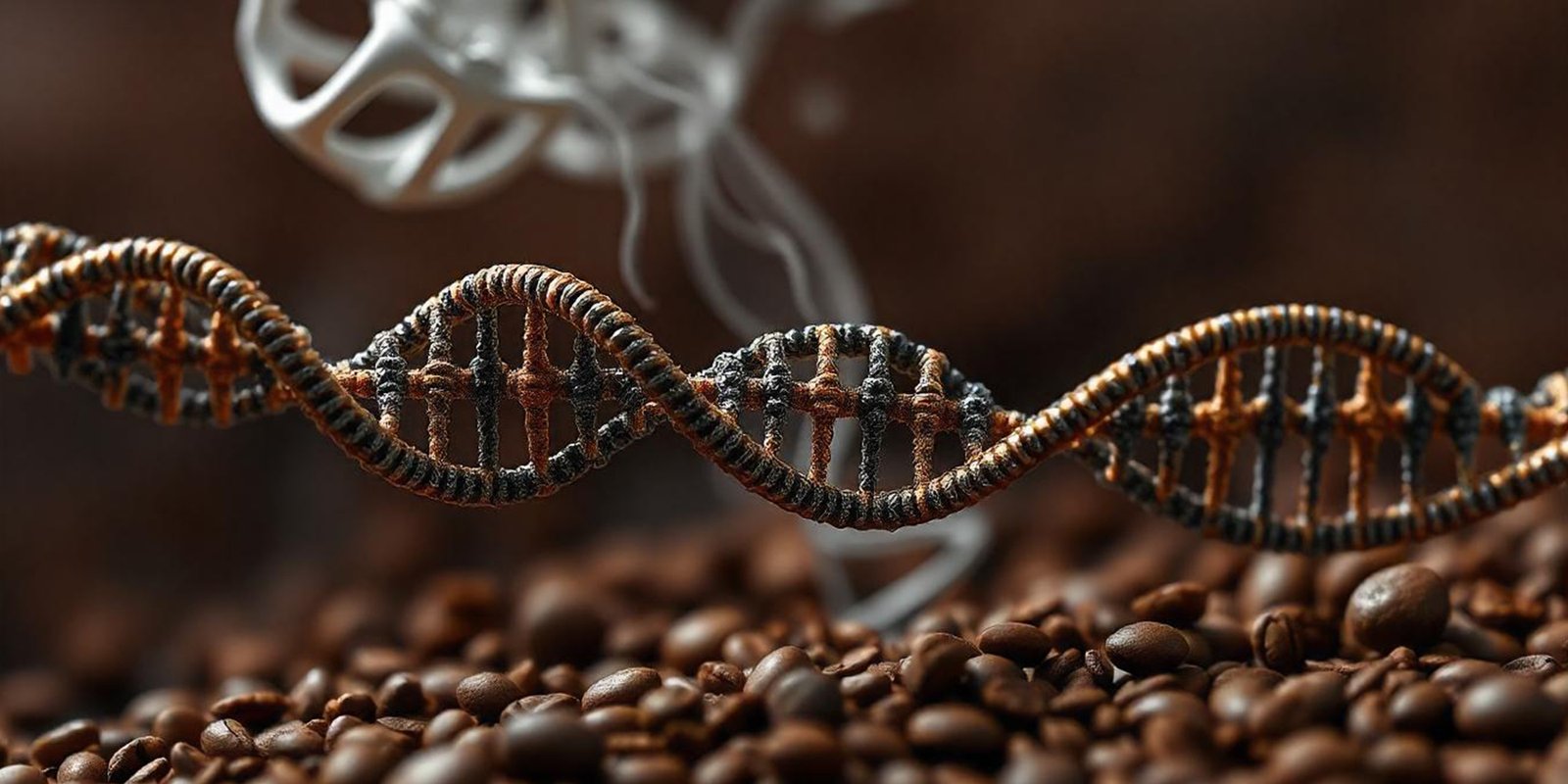
Introduction to CYP1A2
The CYP1A2 gene plays a crucial role in how our bodies metabolize caffeine. Located on chromosome 15, this gene codes for an enzyme that helps break down caffeine in the liver. Understanding your CYP1A2 gene can provide insights into your caffeine sensitivity and how it affects your overall health.
CYP1A2 Gene and LPA Levels
It is important to understand CYP1A2 gene at LPA levels. When discussing LPA (lipoprotein(a)) levels in relation to the CYP1A2 gene, it’s important to understand the different risk ranges:
Normal Range: Generally considered to be below 30 mg/dL.
Borderline Range: Between 30 and 50 mg/dL.
High Risk Range: Above 50 mg/dL.
These levels can impact cardiovascular health, and the CYP1A2 gene may influence how caffeine interacts with LPA levels, potentially affecting your heart health.
Understanding Caffeine Sensitivity
Caffeine sensitivity refers to how your body reacts to caffeine. Some people can drink several cups of coffee without any issues, while others may feel jittery or anxious after just a small amount. Signs of caffeine sensitivity include:
- Increased heart rate
- Anxiety or restlessness
- Insomnia
- Digestive issues
These reactions can vary widely among individuals, often due to genetic differences.
Individual Responses to Caffeine
Caffeine affects everyone differently, and this variation can be largely attributed to genetics. For example, some people metabolize caffeine quickly, while others do so slowly. This difference is primarily linked to variations in the CYP1A2 gene. People with certain variants of this gene may experience stronger effects from caffeine, leading to heightened sensitivity.
RPh LAB reports not only show how your genetic makeup shall react to various drugs, but our PGx tests also show the metabolizing levels of specific genes.

Knowing Your CYP1A2 Status
Understanding your CYP1A2 gene can help you determine how much caffeine you can safely consume. According to research from the National Center for Biotechnology Information (NCBI), individuals with the fast metabolizer variant of the CYP1A2 gene can typically handle higher caffeine intake—around 400 mg per day—without adverse effects. Conversely, slow metabolizers may need to limit their intake to about 100 mg daily to avoid negative reactions.
Substitutes for coffee lovers who experience adverse caffeine reactions:
Herbal Teas: Naturally caffeine-free options like chamomile or peppermint.
Decaffeinated Coffee: Retains the flavor of coffee without the jitters.
Chicory Root Coffee: A caffeine-free herbal drink that mimics the taste of coffee.
Matcha: Contains caffeine but may be gentler on the system due to its antioxidants.
These alternatives allow you to enjoy a warm beverage without the potential side effects of caffeine.
Conclusion
Having information about CYP1A2 gene at LPA level can clearly help people in understanding how much caffeine can they intake. This can lead to informed choices about caffeine consumption. By recognizing how your body reacts to caffeine and considering alternatives, you can enjoy your beverages while prioritizing your health.
FAQs
Although there is no specific caffeine sensitivity test, you can opt for PGx tests which will show the level at which your body’s specific gene will metabolize it.
No. Since your genetic makeup does not change over time, these PGx tests are for lifetime. However, it is recommended that you undergo a new PGx test after every 10 years. This is just to make sure that you get any medication as per the very fresh data available.
We know that it could be a difficult task for you. Hence at RPh LABS we have supervisors available to help you with this.
There are no such requirements. However, as per Pubmed, in case of teenagers and young adults, their preferences regarding PGx tests may not always be supported.
References
– [NCBI Article on Caffeine Sensitivity](https://www.ncbi.nlm.nih.gov/pmc/articles/PMC9880799/)
– [PubMed Studies on CYP1A2 and Caffeine](https://pubmed.ncbi.nlm.nih.gov/)



Leave a Reply